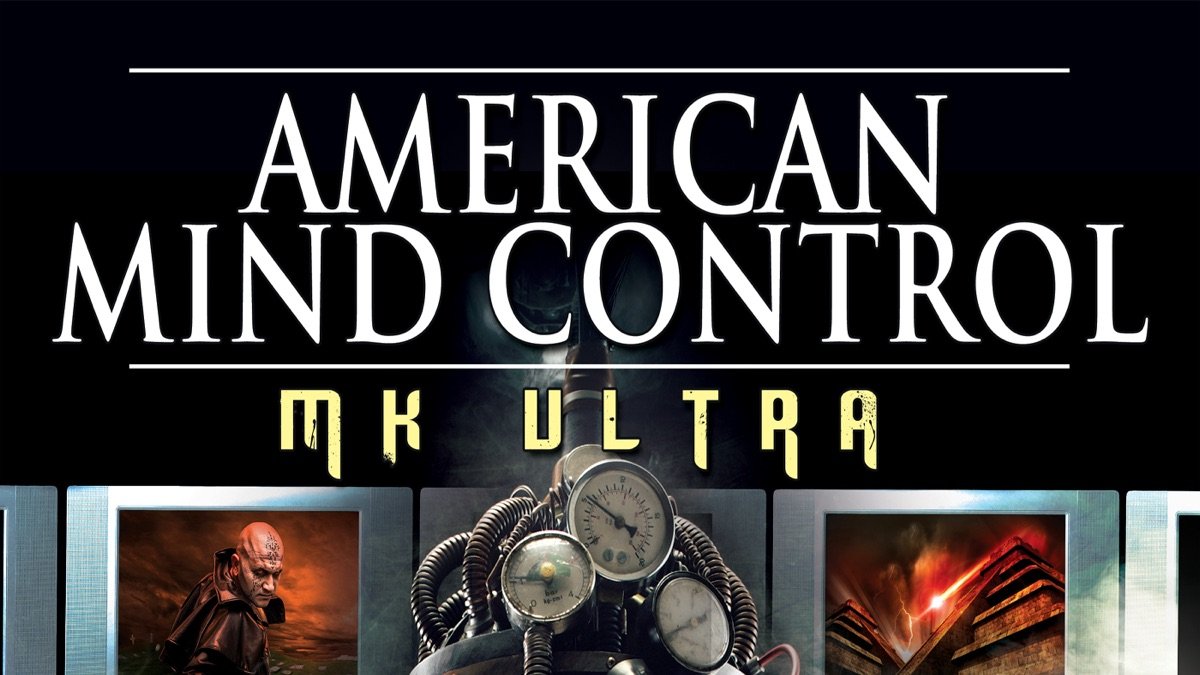Few documentaries manage to blend historical investigation with psychological horror as effectively as MK Ultra. The film examines one of the most disturbing and secretive programs in American history—the CIA’s mind control experiments conducted between the 1950s and 1970s. Using declassified documents, first-hand testimonies, and chilling archival footage, MK Ultra forces viewers to confront how far a government was willing to go in the name of national security and scientific discovery.
The documentary opens by tracing the origins of Project MK-Ultra, which began amid Cold War paranoia and fears that communist nations were mastering psychological manipulation. From there, it unfolds into a narrative of deception, human rights abuse, and bureaucratic evasion. Scientists, often funded by the CIA through front organizations, conducted experiments involving LSD, hypnosis, sensory deprivation, and other psychological techniques—many without the subjects’ consent. The film’s pacing is deliberate, mirroring the slow, methodical uncovering of a decades-long cover-up.
One of the documentary’s greatest strengths lies in its tone. Rather than resorting to sensationalism, it allows the horror of the facts to speak for themselves. Interviews with surviving victims and investigative journalists are particularly powerful, giving voice to those whose lives were forever altered by a government program that officially “ended” but left deep scars on public trust. The inclusion of declassified CIA memos, with redacted lines standing as visual metaphors for hidden truth, creates a haunting aesthetic that lingers long after the credits.
While the film is compelling, it occasionally suffers from uneven pacing and repetition, particularly in its middle sections. Some viewers may wish for a deeper exploration of the ethical implications within the scientific community or more context about the political culture that allowed such a program to thrive. Nonetheless, the documentary succeeds in its primary mission: to expose and remind audiences that unchecked power—especially in the shadows—can lead even democratic institutions into moral decay.
Ultimately, MK Ultra is more than a history lesson; it’s a cautionary tale about the fragility of ethics in the face of fear and authority. In a time when government transparency remains a pressing issue, the documentary’s message resonates loudly: truth, no matter how uncomfortable, must never remain hidden.
NOTE: Supposedly, Kamala Harris’ mother worked in this program and Charles Manson was a participant.




